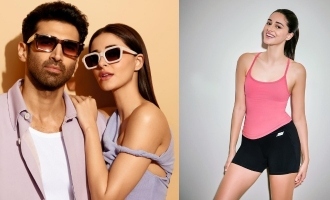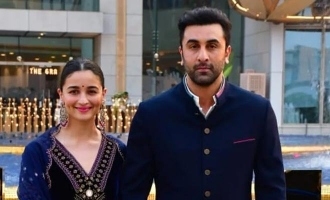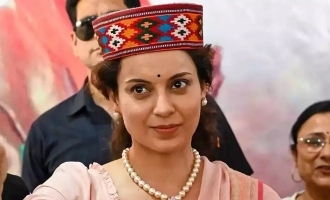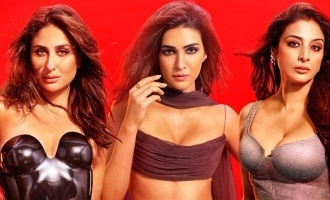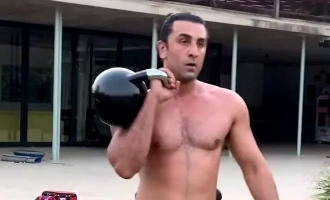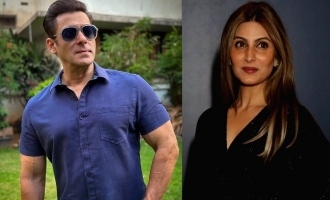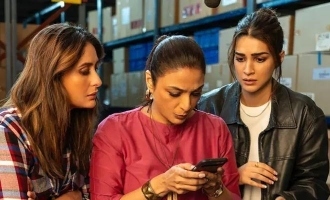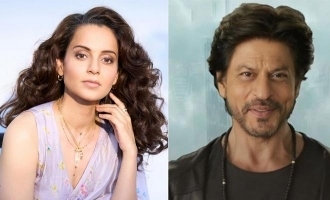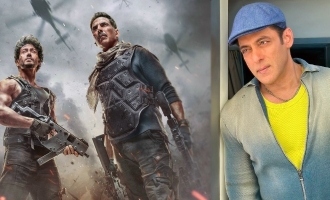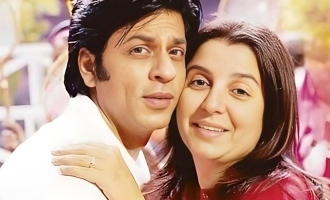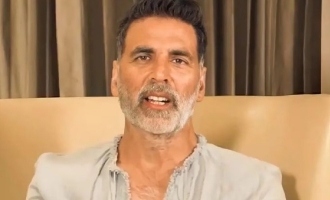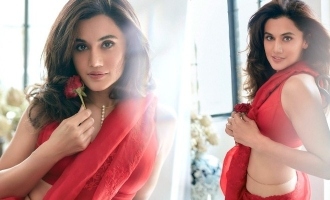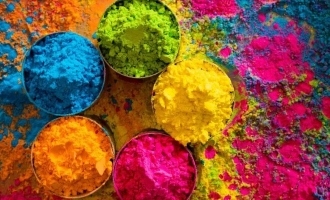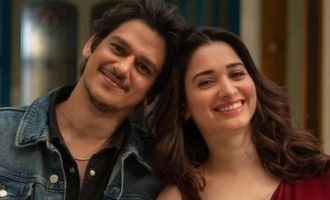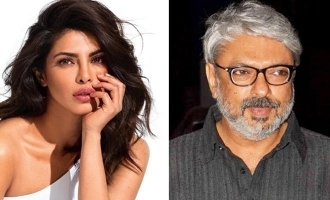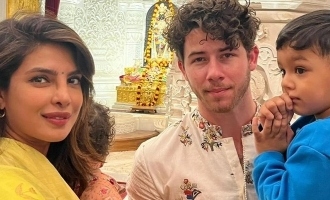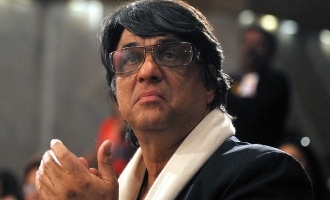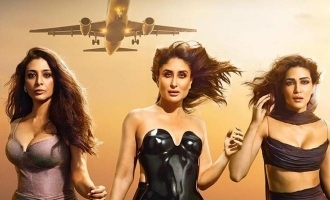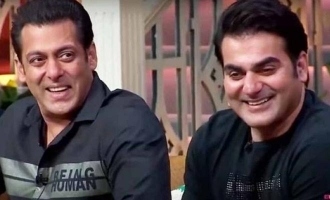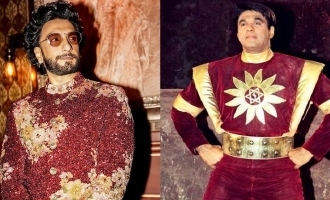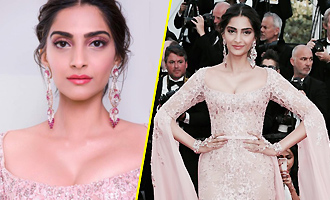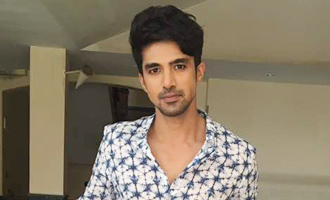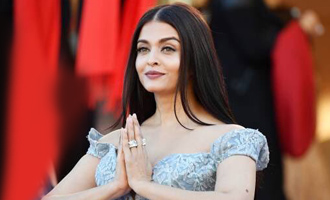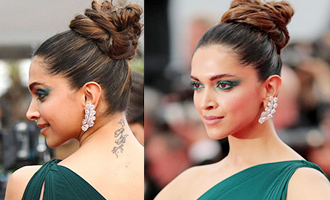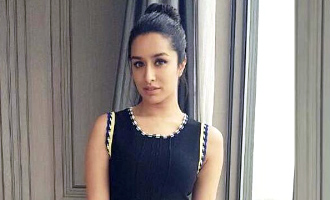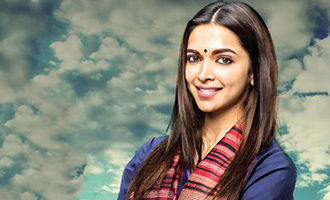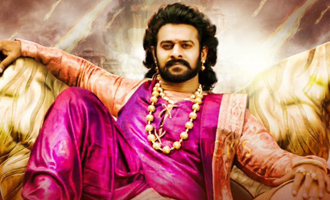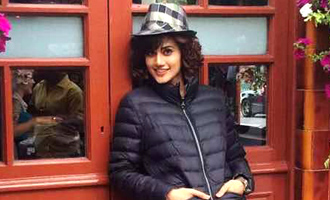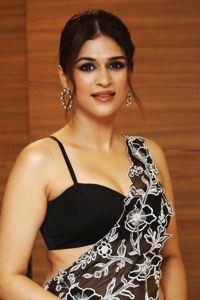Are DJs Crucial for Film Music?


Send us your feedback to audioarticles@vaarta.com


Jal, the Pakistani pop band that came into prominence with their chartbusting single Woh Lamhe in the Mahesh Bhatt flick Zeher, owe their success in many ways to DJ Suketu. How? Well, if it wouldnÂt have been for the adrenaline-thumping-remix of the same track by DJ Suketu, Woh Lamhe may have never received the stupendous response that it got on the all-n-sundry dance floors and millions of mobile caller ring tones. Remixed versions of old Hindi Film songs decided the private album market in
Bally Sagoo started the trend of remixing with hits like Chura Liya Hai Tumne and Dil Cheez Hai Kya Jana. Leslie Lewis followed it up by reworking the magic of RD Burman in Asha BhonsleÂs voice in Rahul & I. This was also the time when music companies launched many a non-film albums, but except for a few most of the new artistes turned turkeys when it came to the Sales numbers. The occasional remix album was suddenly taken over by a deluge of DJs who were ready with ten alternatives to any of the old Hindi Film Hits.
The naughty music videos with uninhibited girls doing unmentionable things added spice to the imagination. There was only one aim and that was to make the youngsters dance to the disco beats. ÂIf I am doing remixes then it must appeal to the dance floors. Being a choreographer before turning a DJ I knew what it takes to make people sway to the rhythm. When I did Jalwa, the idea was to totally redo it in a new and fresh way. All my years of experience went into presenting something totally new, says DJ Akbar Sami.
DJ Akbar Sami is one of the few who are actually a part of a Ârevolution that is currently taking place in the Hindi Film Music Industry. Almost every original song in a film music album has a remix by a DJ Suketu, DJ Akbar Sami or a DJ Jatin Sharma. Since we are talking about Sami, then just check out his list of films - Garam Masala, Kyunk Ki, Malamaal Weekly, Humko Deewana Kar Gaye, Chup Chup Ke, Shaadi Se Pehle, Aksar, Tom Dick and Harry, Aashiq Banaya Aapne, Gangster, 36 China Town etc.
The music companies want the DJs as it adds value to the music album as a product. In a way it also serves as an incentive to the customer for getting more than what he asks for. Moreover, the number of songs is getting lesser in a film, so a remix of each song makes more numbers in an album. The DJs are laughing all the way to the bank as they end up having loads of shows and bulk projects.
Music Composer Monty Sharma has a different take on the subject: ÂI think DJs are doing a fine job. Many of the things that they manage to do, is wonderful. Though I personally believe in working with live instruments but still the kind of sound that some of the DJs bring out from the Samplers and Softwares is impressive. Everyone has a scope for flourishing as long as the people like it.Â
Rajeetha Hemwani, Assistant Vice President, Times Music voiced her concern when she said that most of the DJs are unaware of the technical aspects of music and many of them donÂt even know how to play a music instrument. ÂMost of the DJs need an arranger and in many a cases the DJ takes the credit for the work done by the arranger. The DJ makes pots of money through shows while arranger doesnÂt get anything. DJing is an art. Look at DJ Paul Van Dyke. He is a delight. ItÂs not as if DJs in
Shankar Mahadevan while agreeing with Hemwani, added a few of his own points, ÂJust by putting a loop and going on and on doesnÂt deserve to be called as being innovative. DJing is an Art Form if done properly. DJs abroad are doing a great job. I personally feel that a DJ can never come close to a music composer but still thereÂs scope of being artistic but it requires lots of creative juices to flow. I didnÂt like the remix of Kajra Re at all. We are not happy with it.Â
DJ Akhtar fumed at the aspersions cast on his ilk and defended in strong words by saying, ÂMost of us are into production in studios for films and private albums. While we are remixing, we are actually redoing the song. The singer has to be chosen, then the scale at which he or she is going to sing, the flavour of the song has to be totally redesigned, the rhythm progression has to be laid in a fresh way. Most of the music directors are insecure about DJs because they are aware that the kind of technology we have is good enough to keep things rocking.Â
Louis Banks counters the confidence of Akhtar by saying that DJs have nothing to do with the growth or evolution of music. According to him the DJs these days have sophisticated equipment with which they can synchronise a medley of songs on the same beat and make the youngsters happy on the dance floor but itÂs nothing but an offshoot of music business. ÂMusicians compose while DJs decompose. They are not musicians. They take refuge in technology of rhythm loops, bass loops, keyboard loops etc. they just pep up the tracks and itÂs good business for them as the youngsters dance to what they do, he says.
Love them or hate them, DJs are making their presence felt. Whether they make music or whether they make noise, their demand is growing by the day. Their survival quotient shall be decided by time, need and how they keep on updating themselves.
Follow us on Google News and stay updated with the latest!
More News
Headlines
Cinema News
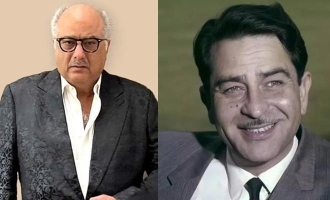 Boney Kapoor reveals raj kapoor lived in servant quarters
Boney Kapoor reveals raj kapoor lived in servant quarters
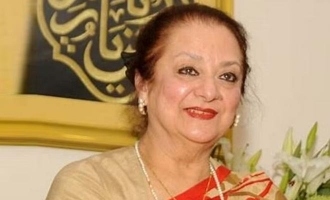 Saira Banu weighs in the clash between mimtaz and zeenat aman
Saira Banu weighs in the clash between mimtaz and zeenat aman
 Mumtaz calls out Zeenat Aman's comments on live in relationship advice
Mumtaz calls out Zeenat Aman's comments on live in relationship advice
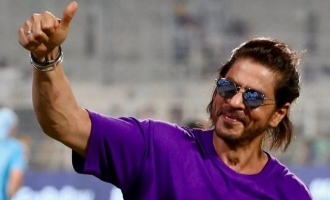 Shah Rukh Khan wins hearts at at IPL match KKR
Shah Rukh Khan wins hearts at at IPL match KKR
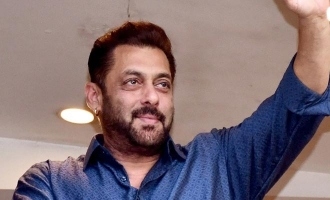 larence bishnoi suspected in salman khan house shooting
larence bishnoi suspected in salman khan house shooting
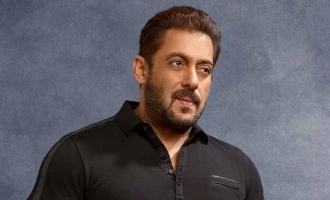 Gunshots fired outside Salman Khan's residence in bandra
Gunshots fired outside Salman Khan's residence in bandra
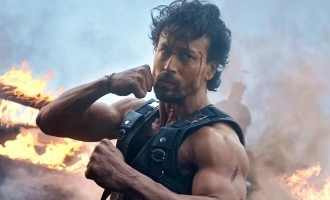 Tiger Shroff s Soaring Success A Spotlight on His Impact in Bade Miyan Chote Miyan
Tiger Shroff s Soaring Success A Spotlight on His Impact in Bade Miyan Chote Miyan
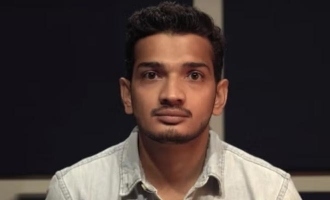 Bigg boss winner and comedian Munawar Faruqui pelted by eggs in a visit to a sweet shop
Bigg boss winner and comedian Munawar Faruqui pelted by eggs in a visit to a sweet shop
 zeenat aman advises about relationship test love with live-in relationship before marriage
zeenat aman advises about relationship test love with live-in relationship before marriage
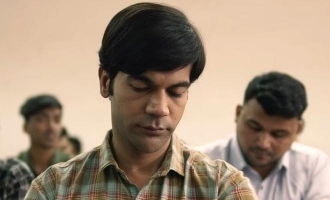 Rajkummar Rao shine in Srikanth bolla's biopic "Srikanth" trailer released
Rajkummar Rao shine in Srikanth bolla's biopic "Srikanth" trailer released




 Follow
Follow